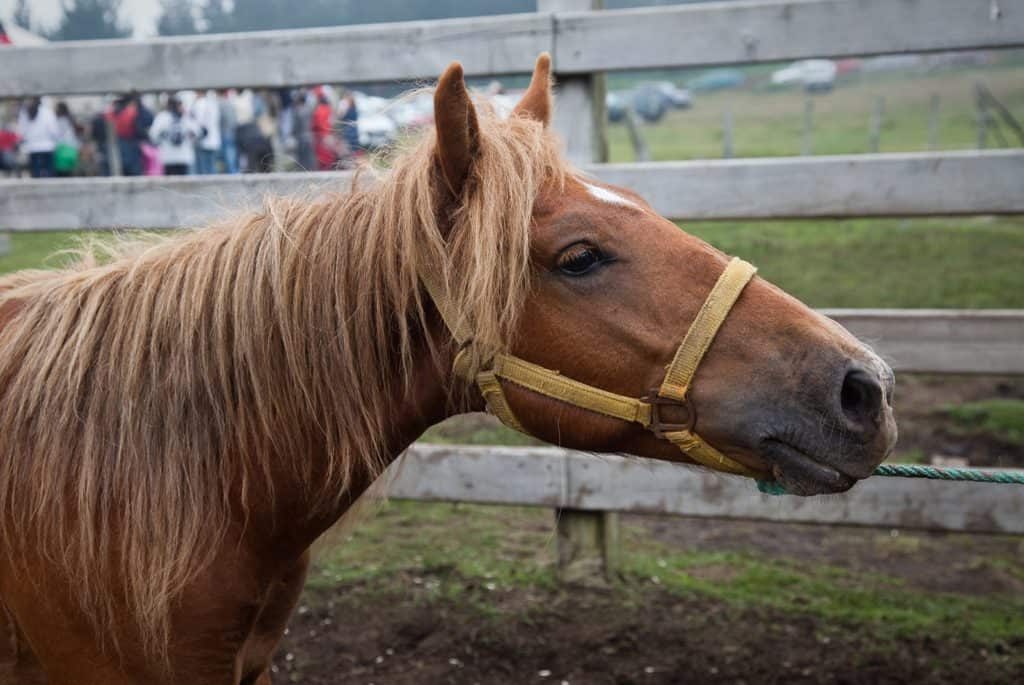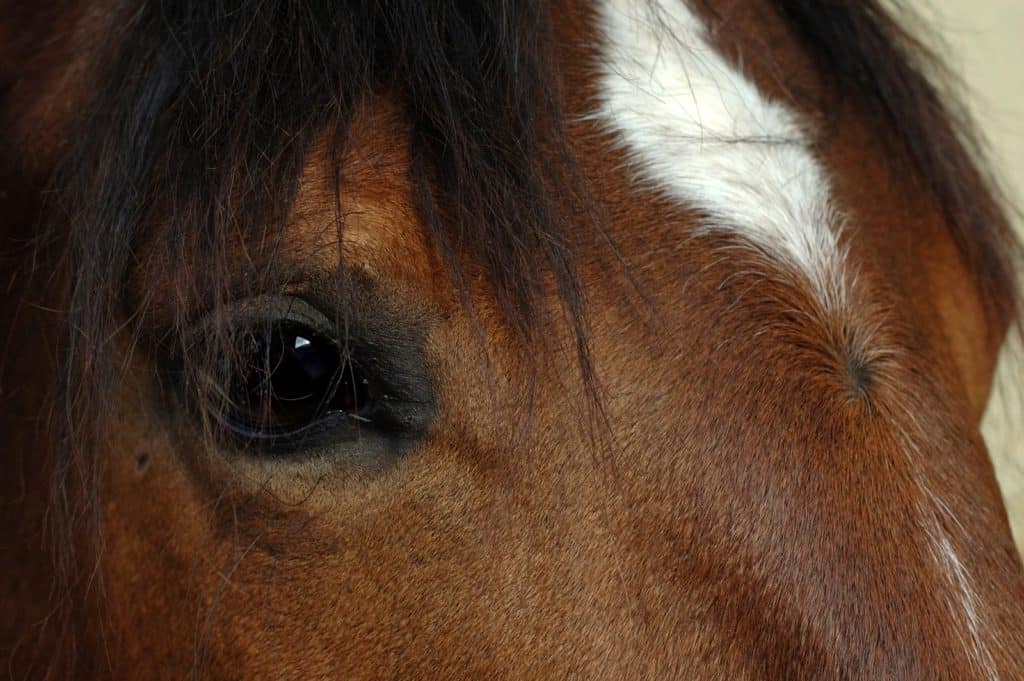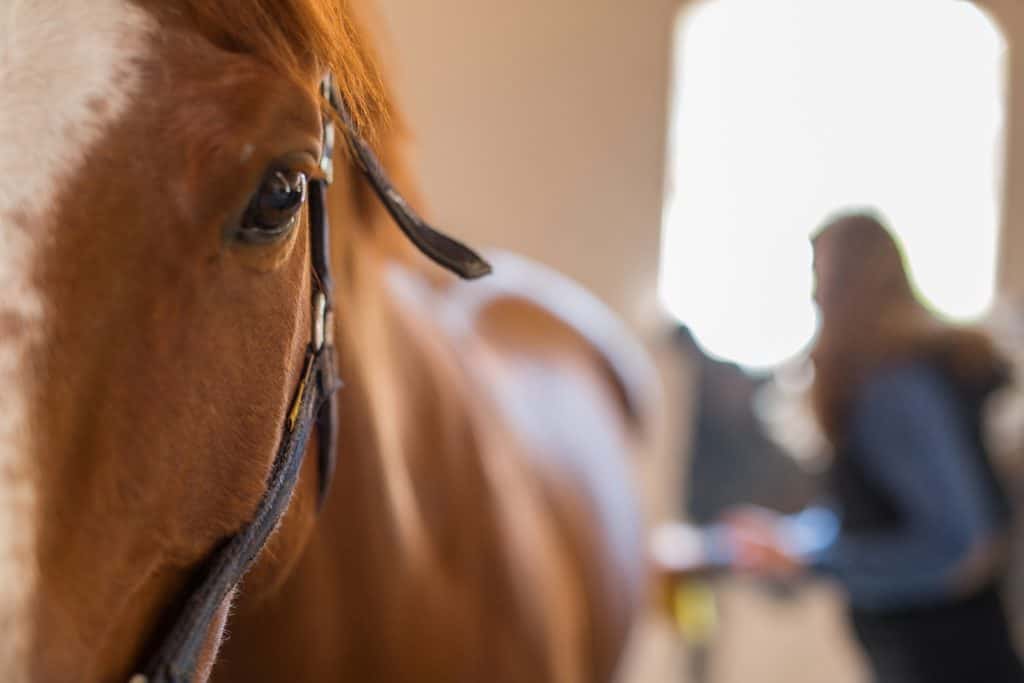
Scared Horse? Try Counter-Conditioning
Learn how to teach your horse an alternate response to triggering stimuli.

Learn how to teach your horse an alternate response to triggering stimuli.

Audio features on behavior, old horse care, mud management, skin issues, caring for your new horse, and more.

View information on skin conditions, deworming, staying sane on stall rest, feeding, conditioning, and more.

A horse’s back isn’t purpose-built for riding, but awareness and attention to our influences—and applying the most recent scientific equitation research—can go a long way in helping ensure soundness, welfare, and longevity under saddle.

View videos on vision, fear, the hoof, assessing the foal after birth, EIPH, trimming old horses’ hooves, and more.

Articles on behavior and equitation science, wound care, laminitis, beet pulp, hoof care, and more were popular in 2016.

Horses faced with a problem they couldn’t solve used visual and tactile signs to get human attention and ask for help.

Have horses been known to show significant behavior changes right before death? If so, why does this happen?

In a groundbreaking move, racing authorities have declared a nation-wide ban on the use of whips in harness racing.

Should you let a horse dwell on a spooky object?

Of the 371 respondents, 172 (46%) said they provided their horses with enrichment items such as toys.

Researchers confirmed that horses learn socially across species, in this case from familiar humans.

Przewalski’s and domestic horses feed exclusively on grass, while wild asses feed on grass along with shrubs in winter.

How effective are appeasing pheromones for reducing nervousness or anxiety in horses?

Is it possible that some horses, like people, are born with a highly sensitive nervous system?

Researchers say studs have better-quality semen when housed next to other stallions before being stabled next to a mare.
Stay on top of the most recent Horse Health news with
"*" indicates required fields